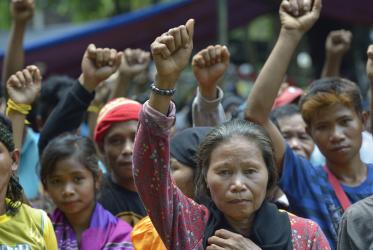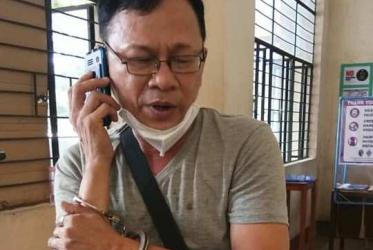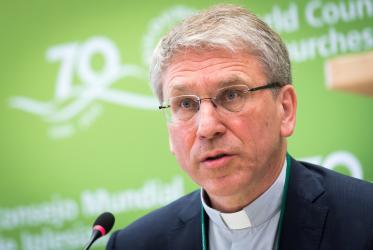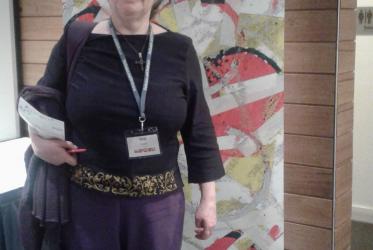Displaying 1 - 20 of 47
CCIA meets in Brisbane with focus on Pacific regional priorities
19 February 2020
WCC organises event on “The Human Rights Situation in the Philippines”
18 September 2019
#WCC70: A story of how we meet together
02 February 2018
#WCC70: Un récit de la manière dont nous nous réunissons
02 February 2018
Indigenous spirituality: can it transform injustice into justice?
01 September 2016
La spiritualité autochtone peut-elle transformer l’injustice en justice?
01 September 2016








